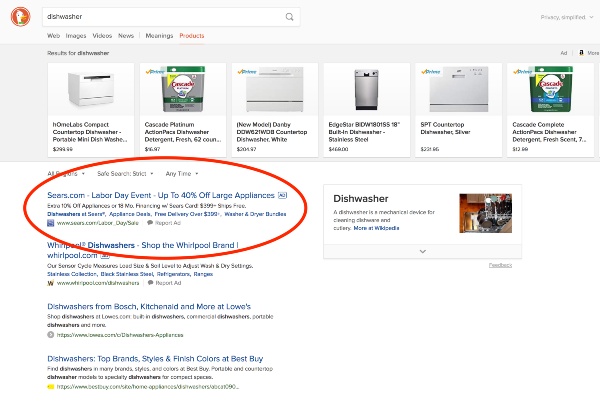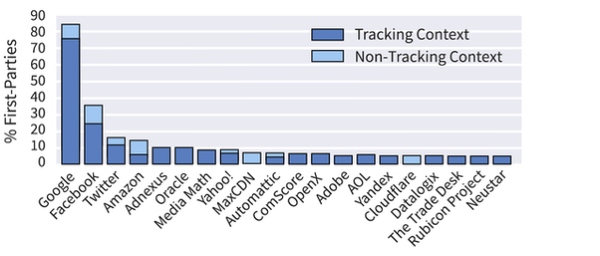If they don’t sell your data, how does DuckDuckGo make money?

More people are becoming aware of how much their privacy is exploited by social media, apps, smart devices and browsers. That last one is particularly problematic since it’s your gateway to the internet. Every website you visit, forms you fill out and search history can be tracked by your browser and shared with third parties.
Some browsers are being designed from the ground up to offer better privacy than other popular choices. You.com is a new ad-free search engine with no tracking tools. It also uses an AI-powered algorithm to improve search results. Tap or click here to check out more details about this privacy-focused browser.
DuckDuckGo is another browser that emphasizes privacy. One of Kim’s listeners reached out with a question asking if DuckDuckGo is all it’s advertised to be or is it like all the others. Bob says he’s used it for a year but doesn’t understand how it makes money since he doesn’t see advertising. So how is DuckDuckGo profitable?
In its own words
According to a post on DuckDuckGo’s official blog, Spread Privacy, “DuckDuckGo has been a profitable company since 2014 without storing or sharing any personal information on people using our search engine. As we like to say, what you search on DuckDuckGo is private, even from us!”
The post states that most of the money that search engines like Google make comes from keyword-based search ads, not user search history or other data. What matters here is what people search for in that instance, not who they are or what they may have searched for yesterday.

“This keyword-based advertising is our primary business model,” the post reads. When you search on DuckDuckGo, the browser does not remember who you are or what you searched for the last time.
For example, when you search for Christmas decorations, you’ll get ads for Christmas decorations. DuckDuckGo does not collect or share your personal information with advertisers. If Google is doing the same thing, why does that company track search history?
DuckDuckGo states that “Google is not really a search company; they are an advertising company.” Google tracks your searches to make a profile on you, then sells it to advertisers. This is why you see your Google search topics in other locations.
Tap or click here to see how much your browser tracks and sells your data.
Google and Facebook cross the line

DuckDuckGo’s post cites research from the Princeton Web Transparency & Accountability Project, which shows that Google monitors your behavior with hidden trackers on 76% of websites across the internet. At the same time, Facebook has hidden trackers on about 25% of websites.
Companies like Google and Facebook build profiles based on users’ purchases, searches, location and browsing history and more. This data is used to follow you virtually anywhere you go.
The author of the post, Gabriel Weinberg, concludes that these companies could still be profitable if they got rid of the limited trackers and didn’t collect so much data.
RELATED: The very worst gifts you can give if you care about privacy
Reducing the dependence on advertising
Aside from keyword-based search ads, DuckDuckGo has non-tracking partnerships with Amazon and eBay.
When you visit these sites through DuckDuckGo or use one of the browser’s !bang shortcuts to go to the sites, DuckDuckGo makes a small commission. This is done anonymously, and neither Amazon nor eBay obtains any personal information.
As if you didn’t have enough to worry about when it comes to privacy, it turns out that your internet service provider may also be a culprit. The FTC reviewed the privacy practices of six ISPs and recently released a report. Tap or click here to check out the results.
Tags: advertising, Amazon, apps, browser, browsers, devices, DuckDuckGo, eBay, Facebook, gifts, Google, hidden trackers, internet, internet service, internet service provider, privacy, search engine, smart devices, social media, tracking
